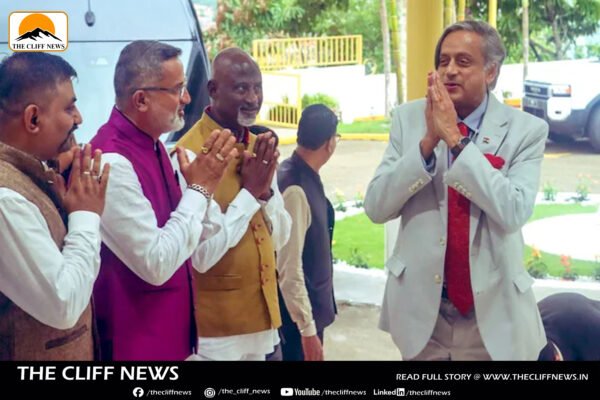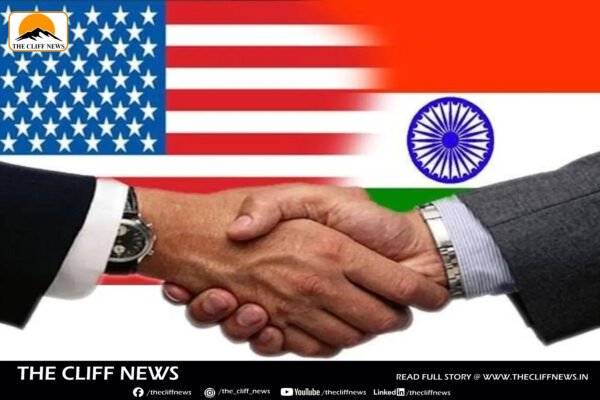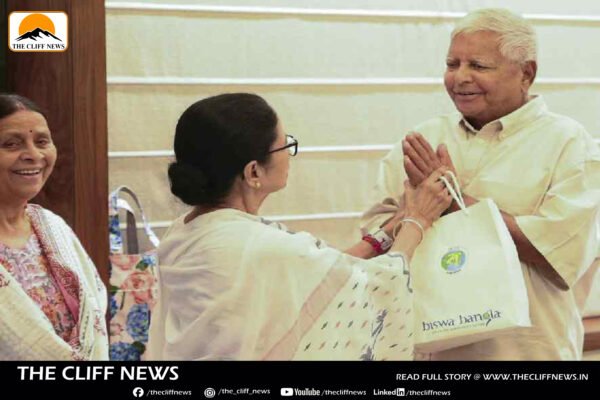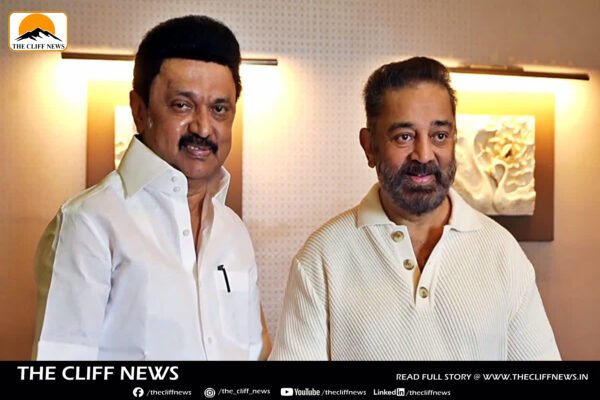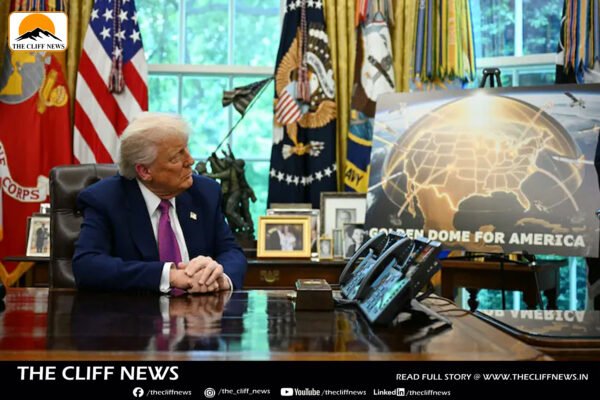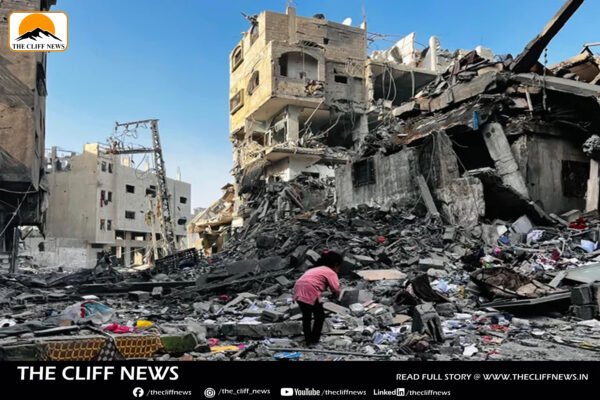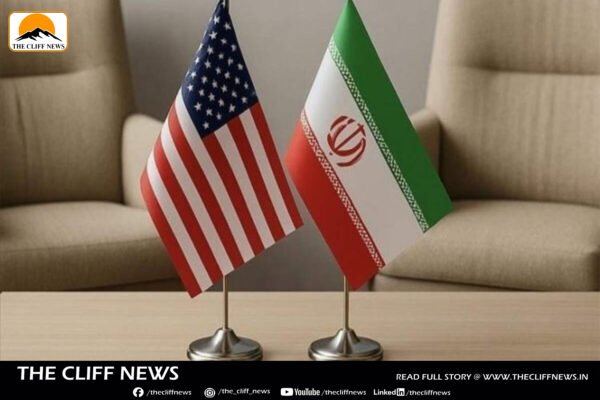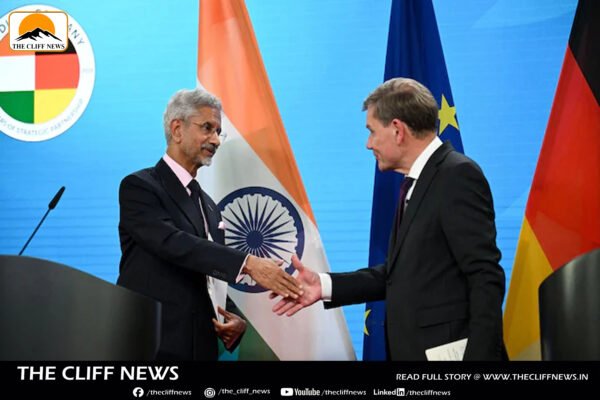New Delhi and Washington appear to be nearing a breakthrough in trade negotiations, with indications that an interim trade agreement could be finalized by June 25. Two key statements—one from India and the other from the United States—signaled strong progress in the ongoing discussions. According to a PTI report, a source from the Indian trade negotiation team confirmed that talks are progressing well and remain on track for an agreement by the proposed date. Supporting this optimism, White House economic advisor Kevin Hassett noted that India is among a select group of countries with trade deals “close to the finish line.” A team of US officials is scheduled to visit India next month to continue the negotiations. This follows a recent four-day visit to Washington by India’s chief negotiator, Rajesh Agrawal, Special Secretary in the Department of Commerce. During the visit, Agrawal held discussions with his American counterpart. Additionally, Commerce Minister Piyush Goyal visited Washington and met US Commerce Secretary Howard Lutnick twice to advance the proposed trade deal. The urgency to seal an interim agreement stems from the US-imposed 26% reciprocal tariff on Indian goods, which took effect on April 2 but is currently suspended until July 9. India is pushing for a complete exemption from this tariff in the interim deal. Currently, Indian goods continue to face a 10% baseline tariff in the US market. Both countries aim to complete the first phase of a broader bilateral trade agreement by the fall (September-October) of 2025. The US remains India’s largest trading partner for the fourth consecutive year, with bilateral trade reaching $131.84 billion in 2024–25. The US accounts for 18% of India’s goods exports and just over 10% of its total merchandise trade. India recorded a trade surplus of $41.18 billion with the US in 2024–25—a figure that has steadily increased over recent years, drawing concern from Washington. Looking ahead, both nations have set an ambitious target to more than double their bilateral trade to $500 billion by 2030. To achieve this, India is seeking duty concessions for its labour-intensive export sectors, including textiles, gems and jewellery, leather goods, garments, plastics, chemicals, shrimp, oil seeds, grapes, and bananas. In return, the US is pressing for tariff relief in areas such as industrial goods, electric vehicles, wines, petrochemicals, dairy, and agricultural products like apples, tree nuts, and genetically modified (GM) crops. However, due to regulatory restrictions, India has resisted the import of GM crops, though it has expressed willingness to allow non-GM items like Alpha alpha hay (a type of cattle feed). Despite the progress, the potential trade deal has raised concerns in some Indian industries. The dairy sector, in particular, is wary of increased competition from US imports. Jayen Mehta, Managing Director of the Gujarat Co-operative Milk Marketing Federation Ltd (GCMMF), which owns the Amul brand, warned against granting the US easy access to India’s dairy market. “They are intending to dump their surplus in our country, which we cannot afford,” Mehta said, stressing the need to protect domestic producers from being undercut by cheaper imports. As negotiations enter a crucial phase, both sides are balancing strategic economic goals with domestic industry interests, in the hope of shaping a landmark trade partnership.


